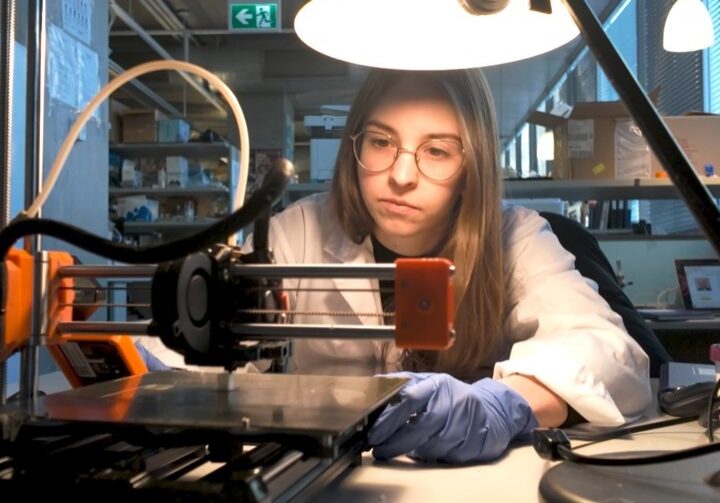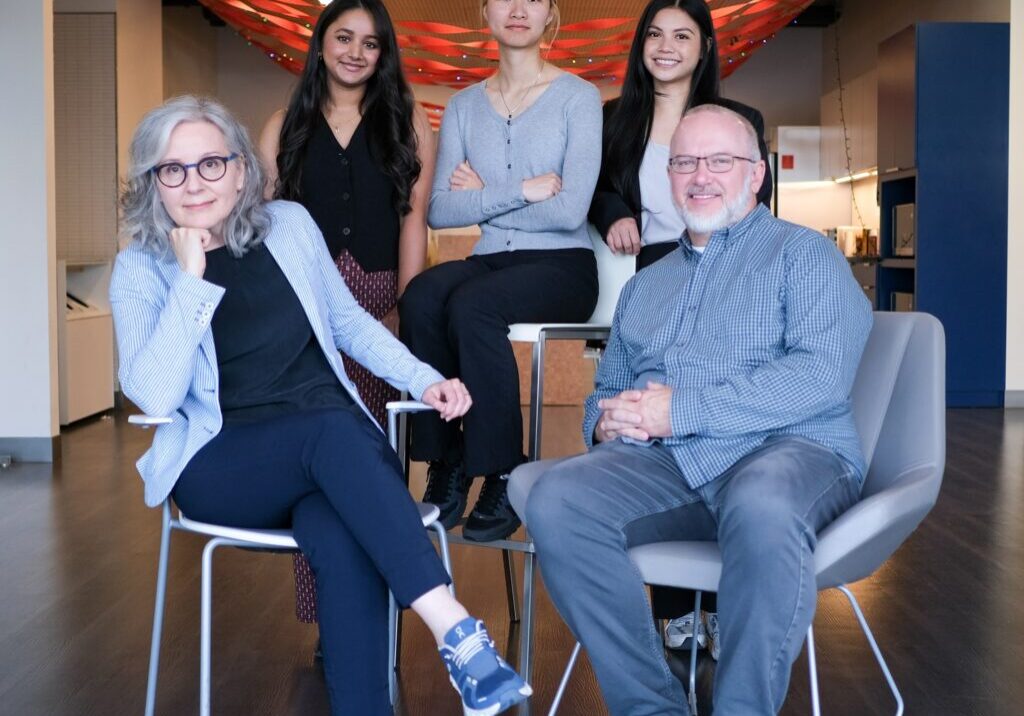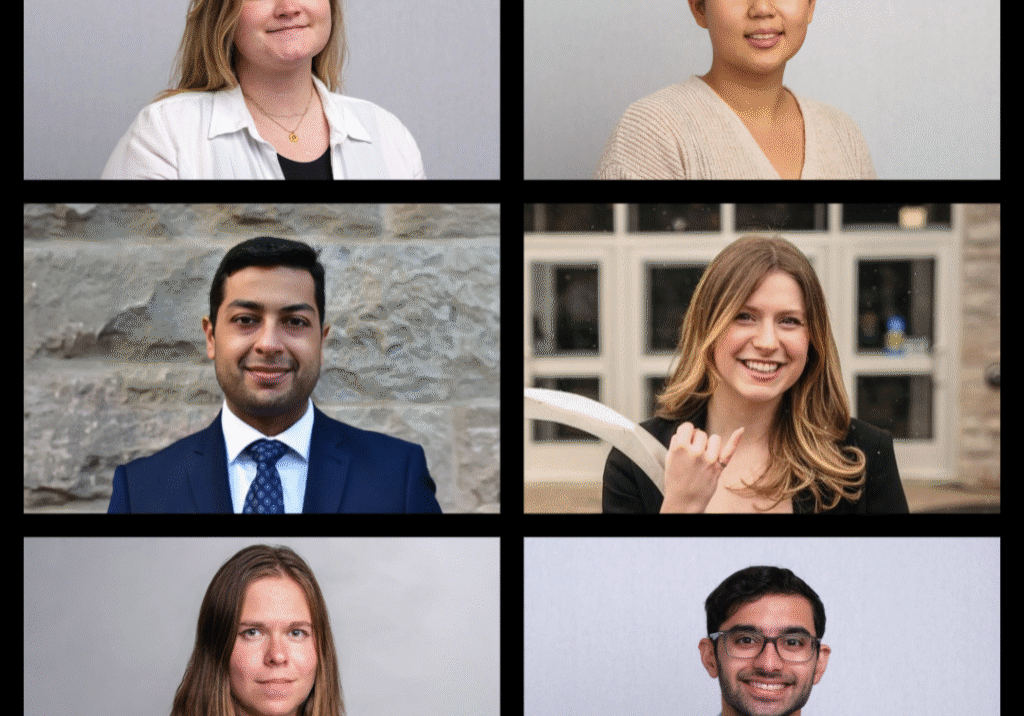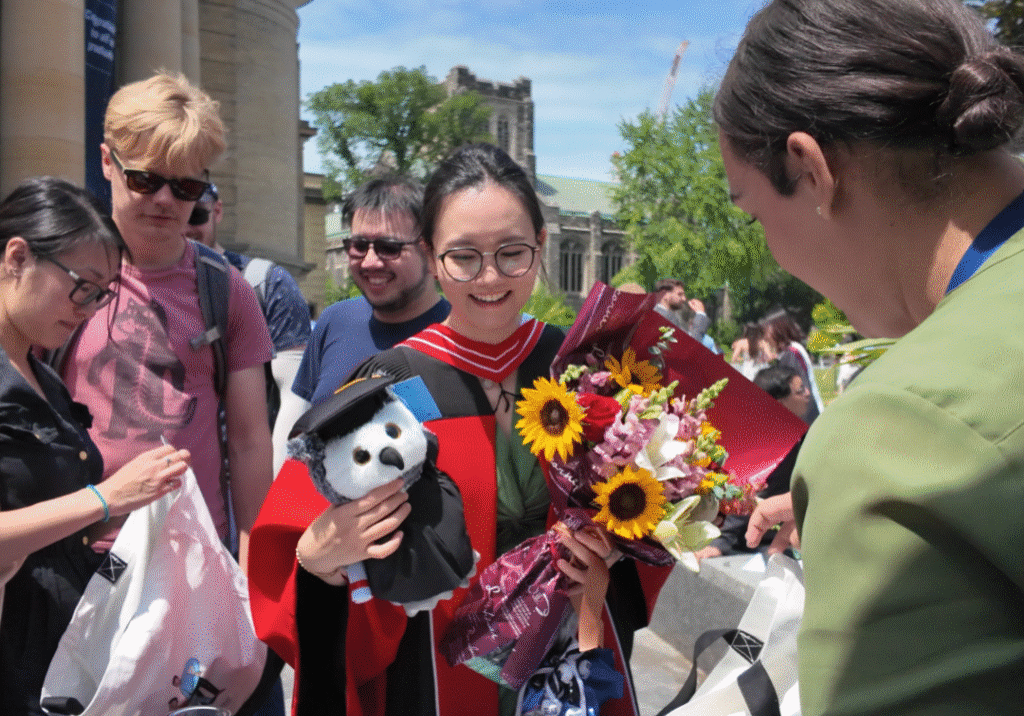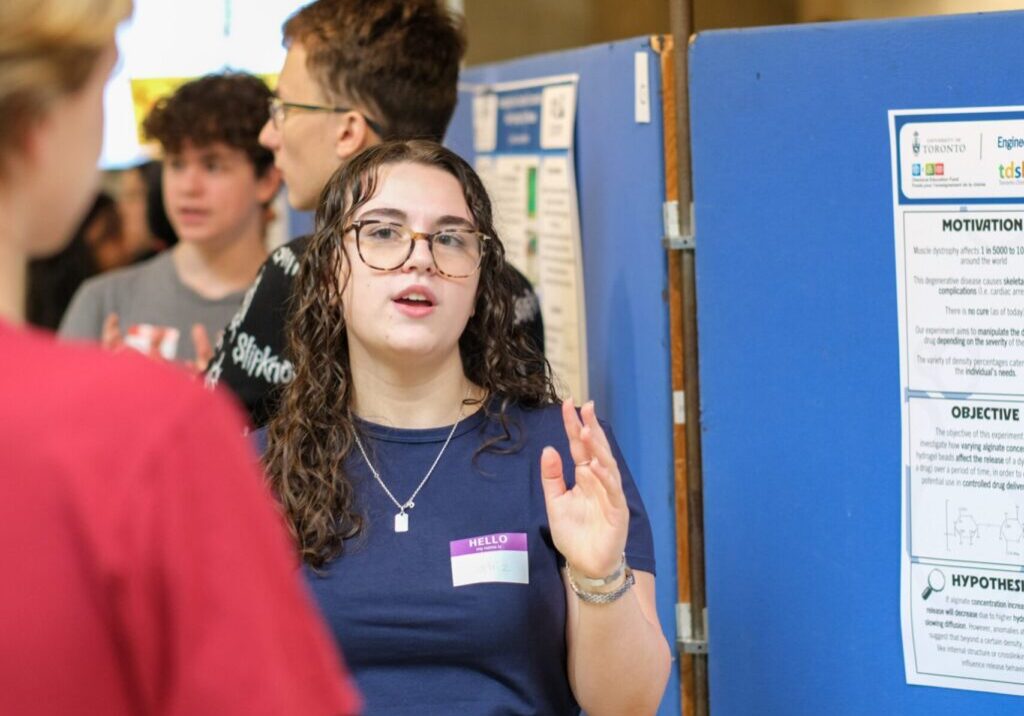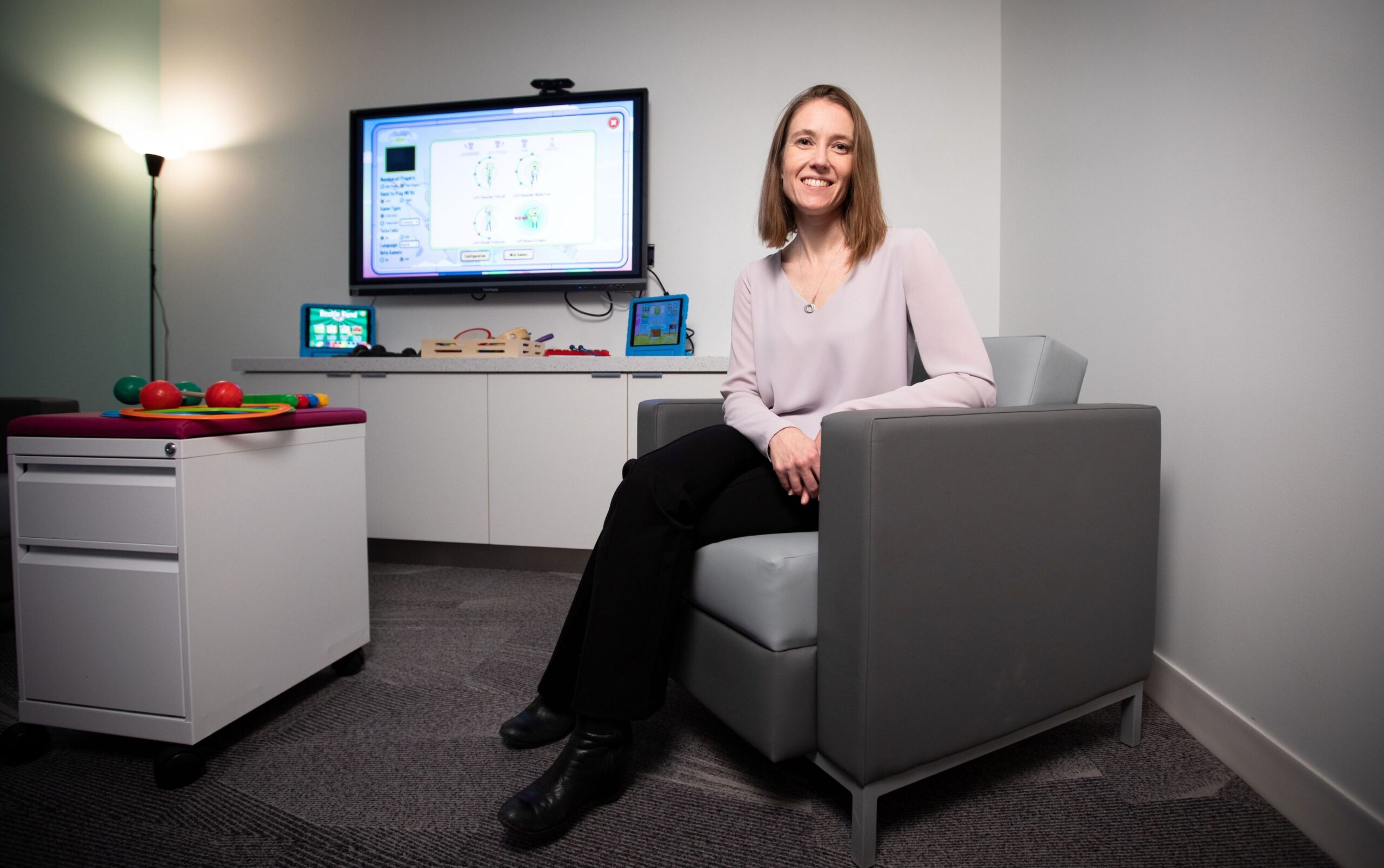
Professor Elaine Biddiss receives CIHR grant to advance digital motor rehabilitation for children with disabilities
Young people with motor disabilities could soon benefit from more accessible and personalized rehabilitation, thanks to new research led by Dr. Elaine Biddiss. A senior scientist at Holland Bloorview Kids Rehabilitation Hospital, Biddiss has been awarded a $1.2 million Project Grant from the Canadian Institutes of Health Research (CIHR) to explore the trustworthiness of person-generated health data from motion capture technology.
One in 66 Canadian children experience movement challenges that can limit their ability to participate in everyday activities. While motor therapy can help improve their function, access to rehabilitation services is often hindered by cost, travel requirements, and limited availability. Emerging digital health technologies, including motion capture systems that use 2D and 3D cameras, offer new opportunities for remote therapy. However, for these systems to be effective, families and clinicians need confidence in the accuracy and usability of the data they generate.
Biddiss and her multidisciplinary research team—including co-principal investigators Drs. Donovan Cooper and Virginia Wright—aim to assess the reliability of motion capture technology in tracking therapeutic exercises. The study will compare movement data collected through 2D and 3D cameras against gold-standard motion capture techniques to determine how well these digital tools perform across different types of movement. Additionally, the team will collaborate with families and clinicians to design user-friendly data interfaces that effectively present movement insights.
Over the next four years, the research team will test the system in clinical and home settings, tracking how young people, caregivers, and clinicians interact with motion capture data. The findings will help refine digital health tools and support their integration into rehabilitation programs. The project is expected to provide guidelines that inform and guide best practices in digital rehabilitation.


